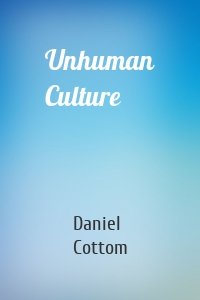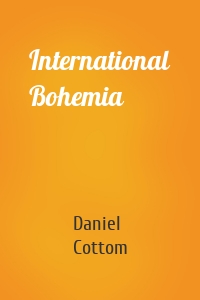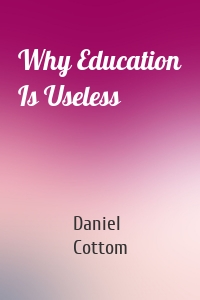Daniel Cottom
3 кн.
Unhuman Culture
It is widely acknowledged that the unhuman plays a significant role in the definition of humanity in contemporary thought. It appears in the thematization of «the Other» in philosophical, psychoanalytic, anthropological, and postcolonial studies, and shows up in the «antihumanism» associated with figures such as Heidegger, Foucault, and Derrida. One might trace its genealogy, as Freud did, to the Copernican, Darwinian, and psychoanalytic revolutions that displaced humanity from the center of the...
| Автор | Daniel Cottom |
International Bohemia
How did this vagabond word, bohemia , migrate across national borderlines over the course of the nineteenth century, and what happened to it as it traveled? In International Bohemia , Daniel Cottom studies how various individuals and groups appropriated this word to serve the identities, passions, cultural forms, politics, and histories they sought to animate. Beginning with the invention of bohemianism's modern sense in Paris during the 1830s and 1840s, Cottom traces the twists and turns...
| Автор | Daniel Cottom |
Why Education Is Useless
Education is useless because it destroys our common sense, because it isolates us from the rest of humanity, because it hardens our hearts and swells our heads. Bookish persons have long been subjects of suspicion and contempt and nowhere more so, perhaps, than in the United States during the past twenty years. Critics of education point to the Nazism of Martin Heidegger, for example, to assert the inhumanity of highly learned people; they contend that an oppressive form of identity politics...
| Автор | Daniel Cottom |




